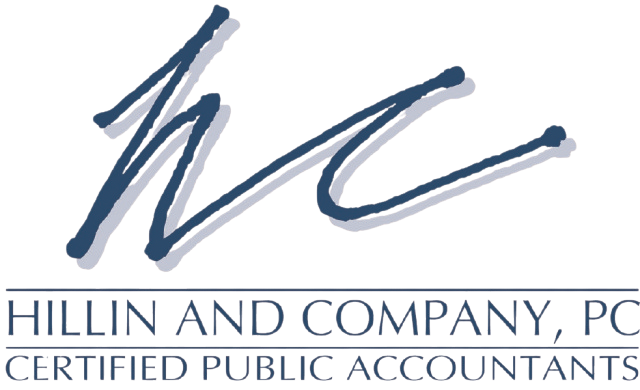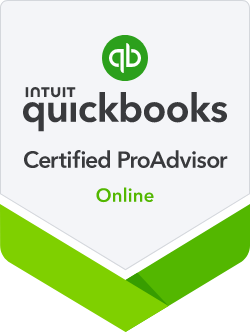Many business owners find themselves juggling multiple tasks at the end of the year as they try to close out their financials. Asking the right end-of-year (EOY) questions can reduce stress, help clean up their books, and even uncover tax savings. Below are ten questions that will help business owners finish out the year strong.
1. Have I Recorded All Credit Card Purchases?
Capturing all credit card transactions is essential to ensure all expenses are accounted for, preventing missed deductions.
2. Can I Collect My Open Receivables?
Uncollectible receivables can be written off, helping to clean up the books and avoid paying taxes on revenue you won’t receive.
3. Should I Make Any Year-End Purchases?
Making strategic year-end purchases can help reduce taxable income, especially for businesses expecting a profitable year.
4. Did I Dispose of Any Assets?
Review asset disposals or sales and consider the tax implications, including write-offs or income from sales. This can affect your overall tax liability.
5. Have I Included All Payroll Benefits for the Year?
Reviewing payroll benefits like bonuses and retirement contributions ensures there are no complications with tax filings later on.
6. Do I Have Any Errors in My General Ledger (GL) Accounts?
Reviewing the general ledger to spot errors can prevent missed deductions or unrecorded transactions, ensuring accurate financial reporting.
7. Am I Missing Any Debt?
Verify any debt or financed purchases are properly recorded, including any deductible interest payments, to ensure full financial transparency.
8. Have I Included All Unpaid Bills?
Unpaid bills should be properly recorded in accounts payable before year-end to avoid missing potential deductions.
9. Are My Bank Accounts Current?
Reconciling bank accounts is crucial to avoid missing deductions and ensure accurate financial records. Make sure all transactions are accounted for and balanced.
10. Do I Have Any Old or Obsolete Inventory?
Writing off old or obsolete inventory can free up storage space and eliminate unnecessary insurance costs.
Taking action on these EOY questions can make a significant difference in your financial health and tax preparedness. Proactively addressing these areas helps ensure a smoother tax season and positions your business for a stronger start in the new year. For personalized guidance, consider contacting our professional accounting firm. You’ll feel empowered and ready to close out your year with confidence.

